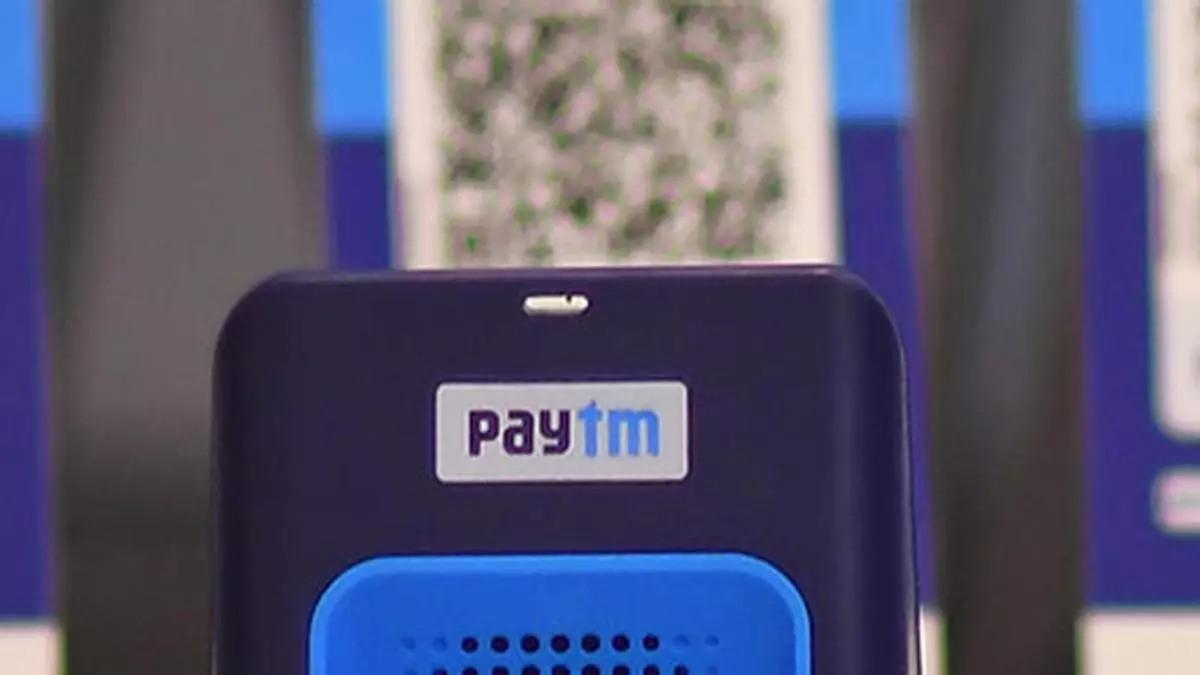RBI bars Paytm Payments Bank from offering services effective March 2024
Reserve Bank of India has imposed restrictions on Paytm Payments Bank and barred the entity from offering incremental banking services effective March 2024, due to concerns regarding breach of and compliance with regulatory norms.
“The Comprehensive System Audit report and subsequent compliance validation report of the external auditors revealed persistent non-compliances and continued material supervisory concerns in the bank, warranting further supervisory action,” RBI said. The regulator had, in March 2022, directed Paytm Payments Bank to stop onboarding new customers and appoint an IT audit firm to conduct a comprehensive System Audit.
Paytm Payments Bank will not be allowed to accept deposits or undertake credit transactions or top ups in any customer accounts, prepaid instruments, wallets, FASTags and NCMC (National Common Mobility Cards), among others, post February 29, 2024.
However, any interest, cashbacks or refunds may be credited anytime. Further, the entity will need to permit withdrawal or utilisation of balances by customers, including from their savings and current bank accounts, prepaid instruments, FASTags and NCMC, without any restrictions and upto the available balance.
- Also read: Business models of banks under review by RBI
Other than fund transfers, utilisation or withdrawal, no other banking services and BBPOU (Bharat BillPay Operating Units) and UPI facility should be provided by the bank after February 29, 2024, the central bank said.
In addition, the nodal accounts of parent company One97 Communications and Paytm Payments Services will need to be terminated by February 29, 2024. Settlement of all pipeline transactions and nodal accounts, in respect of transactions initiated before February 29, 2024, will need to be completed by March 15, 2024 following which no further transactions will be permitted.
What this means?
Payments Bank are only allowed to accept deposits and cannot give loans, unless they partner with another regulated lender. Further, they can issue debit cards but not credit cards unless under a co-branded or co-lending arrangement with a partner bank or NBFC.
While the listed parent company One97 Communications originally held the prepaid payments instruments (PPI) licence, the same was transferred to Paytm Payments Bank once the latter started operations in May 2017. The company is also still awaiting the final approval for the payments aggregator (PA) licence.
The new restrictions then effectively imply shutting down of banking operations, unless the entity transfers or routes its payment services through another bank. Till then, it may be difficult for Paytm to undertake other payment-related transactions, even beyond the payments bank, industry experts said.
“For all practical purposes, the above notifications end the operations of Paytm Payments Bank. This is a definite negative development and adds to the already heavy regulatory overhang on the business,” Bernstein Research said in a note.
While the firm does not see an immediate impact on the UPI payment business, which accounts for 70 per cent of the GMV (gross merchandise value), it expects risks to payments margin given that some of the higher margin products such as wallets and FasTag, are dependent on the payments bank.
Jefferies said this could also impact the lending business, which accounts for 20 per cent of revenue, if lending partners limit business due to operational and governance risks. “Wallet GMV (5 per cent of total) may need to be wound down; merchants using Paytm Bank (6 per cent of devices) may be impacted; and FasTag GMV will be majorly affected. This can be key risks to earnings/valuations,” it said.
Following the RBI sanctions, several customers took to microblogging website X with concerns regarding their wallet balances, fixed and savings deposits and ability to use Paytm for UPI transactions.
